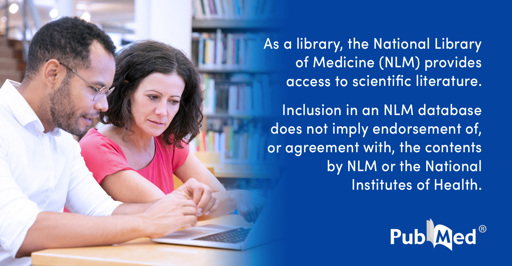J Nutr Biochem. 2025 Aug 15:110079. doi: 10.1016/j.jnutbio.2025.110079. Online ahead of print.
ABSTRACT
Inhibiting the overexpression of the renin-angiotensin-aldosterone system (RAAS) alleviates intestinal inflammation. Recently, we and others reported that a high-fat, low carbohydrate, ketogenic diet (KD), shown to downregulate the conventional RAAS components in rat lung and adipose tissue, can protect mice from experimental colitis. Here we assessed whether the proinflammatory angiotensin-converting enzyme - angiotensin receptor type 1 (ACE-AT1R) axis and the anti-inflammatory angiotensin-converting enzyme 2- MAS1 receptor (ACE2-MAS1) axis RAAS components are influenced by the consumption of a KD rich either in saturated fatty acids (SFA-KD) or polyunsaturated linoleic acid (LA-KD) in healthy and inflamed intestine of C57BL/6J male mice. In healthy jejunum, KD increased the AT2R protein level and decreased Ace2 level regardless of the fat source, whereas in the healthy colon, the RAAS components were unaffected by the dietary interventions. In colon, administration of 2.5 % (w/v) dextran sodium sulfate (DSS) for 5 days upregulated ACE protein while downregulating Agtr2 gene expression. These DSS-induced changes were absent in both KD groups. Furthermore, the DSS-SFA-KD group exhibited lower angiotensinogen gene expression than the DSS animals. Additionally, LA-KD mitigated the DSS-induced decrease in Ace2 gene expression. In conclusion, intestinal RAAS component expression is influenced by KDs, and the DSS-induced upregulation of proinflammatory RAAS components were not observed in DSS-KD groups.
PMID:40819811 | DOI:10.1016/j.jnutbio.2025.110079
From ketogenic via this RSS feed


